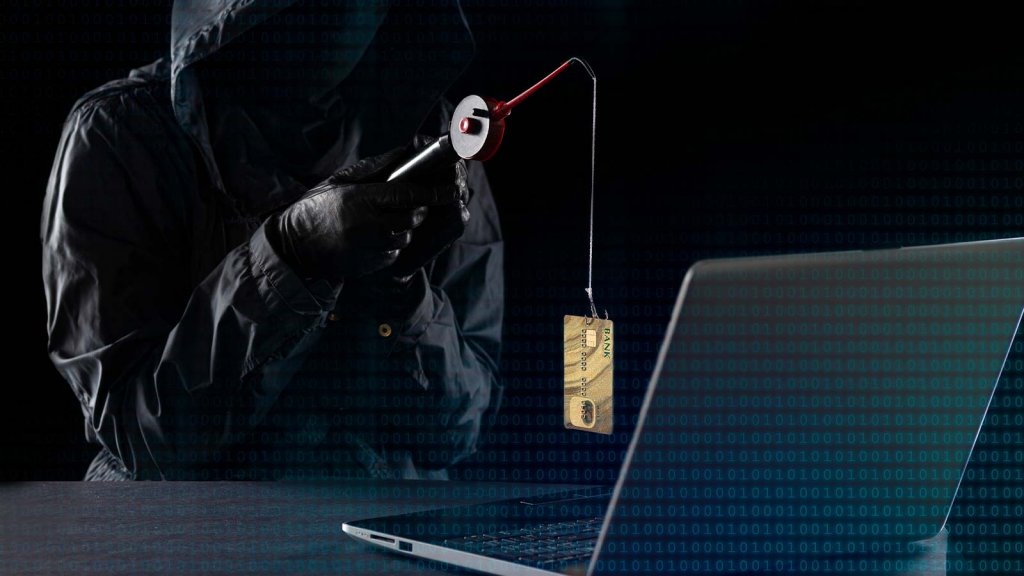
Casino Payment Security: Understanding and Preventing Card Fraud in Irish Gambling
All the information in this page was checked by:
Every piece of information we present is rigorously verified by our team of experts using multiple credible sources, ensuring the highest level of accuracy and reliability.
We have paid partnerships with the online casino operators featured on our site. We may also earn commissions when users click on certain links. However, these partnerships do not affect our reviews, recommendations, or analysis. We remain impartial and committed to delivering unbiased gambling content. For more details, visit our Advertiser Disclosure page.
Casino debit and credit card fraud has increased by 34% since the pandemic shifted more gambling activity online. What many players don’t realize is that standard bank fraud protections often apply differently to gambling transactions, leaving you more vulnerable than you might expect.
This comprehensive legal overview will help you understand exactly how to secure your payment information, recognize warning signs of potential fraud, and take proper legal action if your card details are compromised.
- What is credit card fraud?
- How does card fraud happen?
- Card fraud is prevalent among online casino scams
- How to prevent card fraud
- Do banks investigate fraud?
- What to do if you are a victim of card fraud
- Credit card fraud is no joke
- Sources & Methodology
- References
What is credit card fraud?
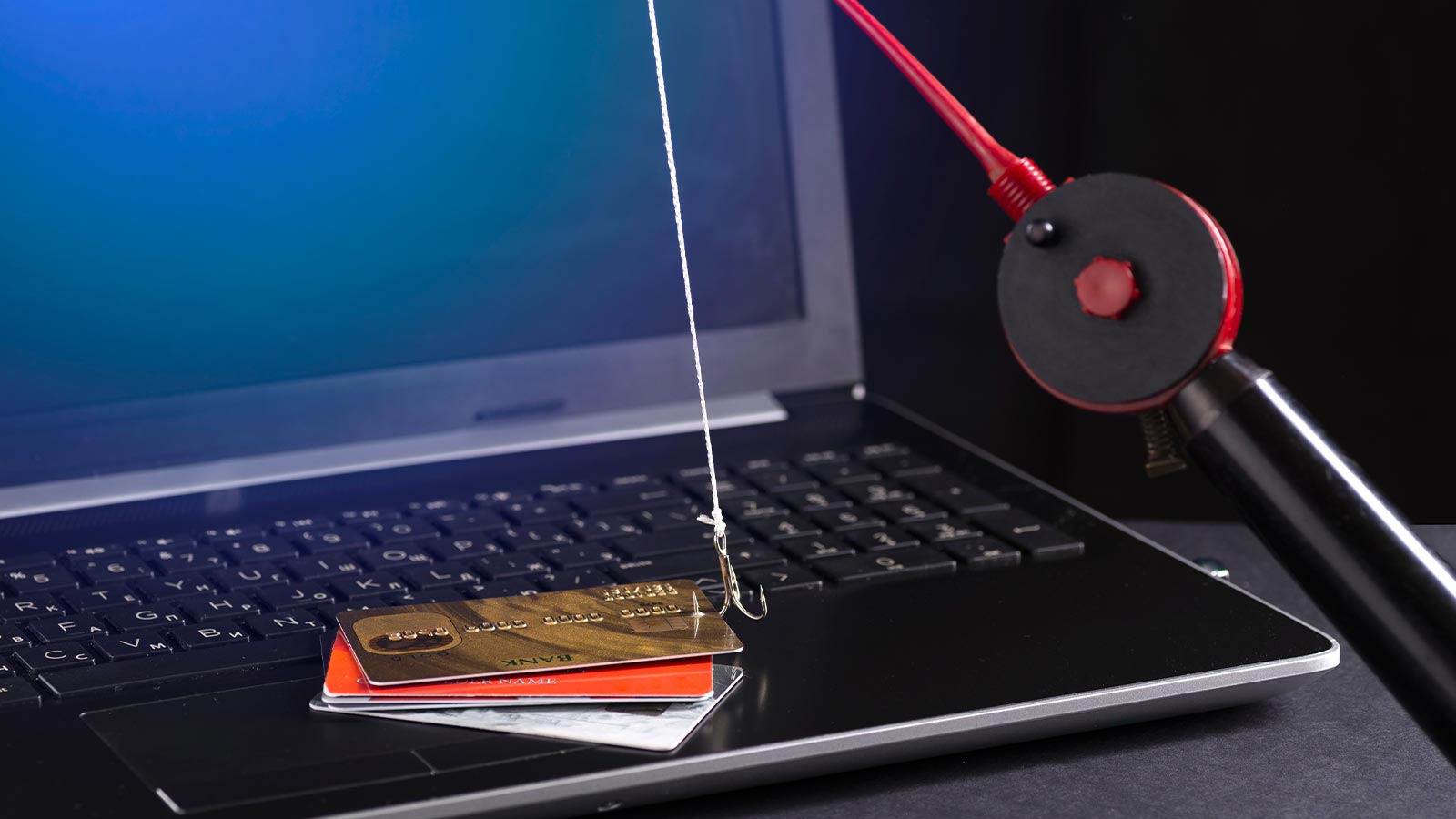
Debit and credit card fraud refers to the act of illicitly using a payment card in order to extract funds or procure goods for personal profit.
The three primary intents behind fraud are either acquiring goods or services with someone else’s funds or attempting to perform transfers to another account owned by the perpetrator.
Depending on the method the criminal uses, there are two main types of debit and credit card fraud.
Card-present fraud
The first refers to a situation where the physical card is either tampered with or confiscated with the intent of later use.
Card-present fraud can most often be associated with theft or burglary. However, it is not reducible to stealing your card, forcefully or not.
Card-not-present fraud
The second type concerns the situations where the criminal performs illicit transactions without having a physical payment method.
Online casino scams will most often fall in this second category since most related transactions occur without actively utilising the physical debit or credit card.
How does card fraud happen?
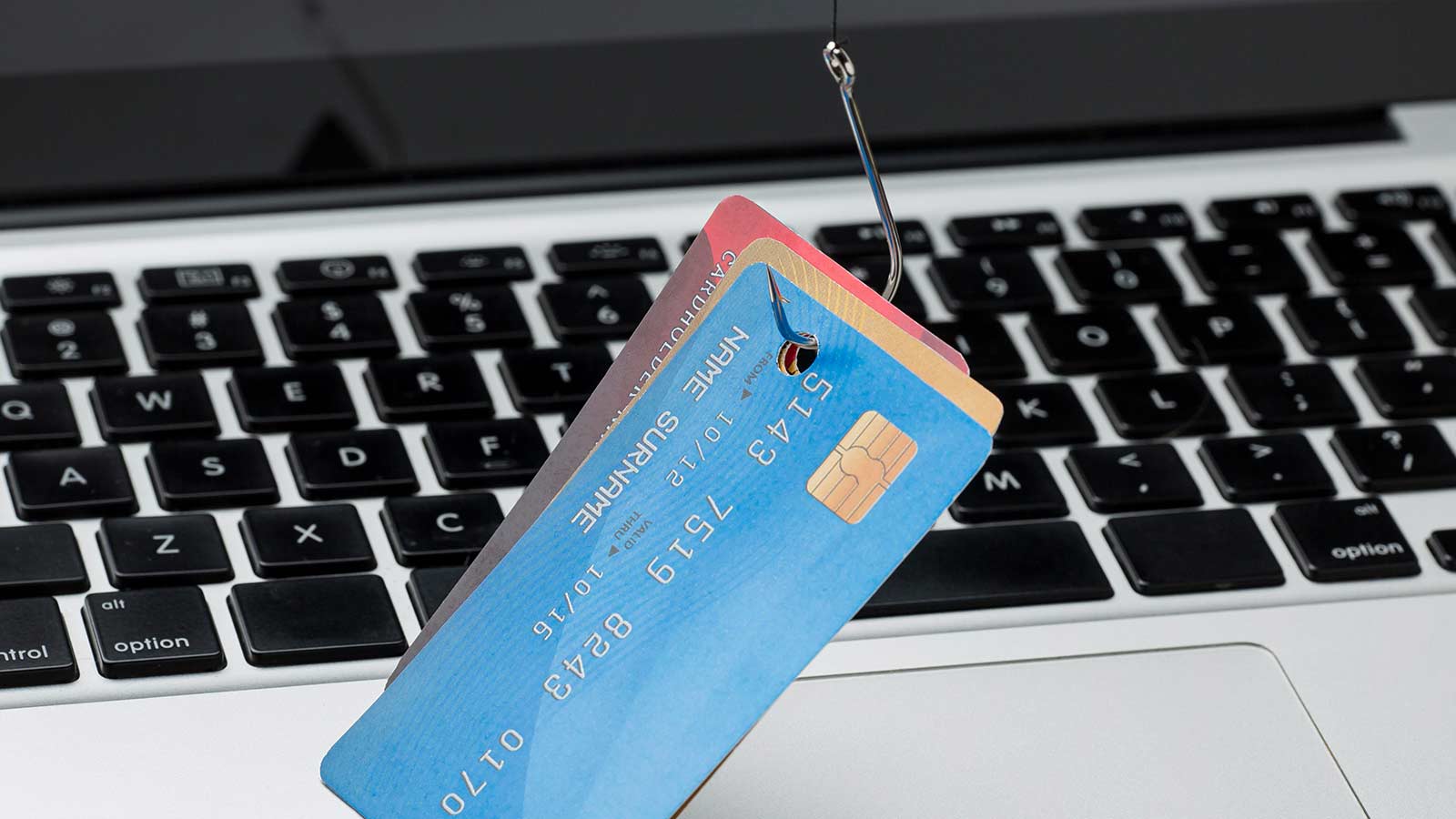
Methods of debit or credit card fraud differ according to the two types of fraudulence and layers of actions performed when aiming to make a transaction.
A list of all methods is not only beyond our scope but also constantly growing.
However, our experts in online transactions have highlighted the most frequent and riskiest methods of fraud, including online casino scams.
Counterfeit cards
Criminals may attempt to recreate or falsify physical cards based on data collected from a real one by using a process known as skimming.
This type of fraud goes by many names, from counterfeiting to credit card cloning.
It entails copying the information on a card, often via tampered terminals. Using the collected data, thieves would then mint a new card that would be tied to your account and act just like the real thing.
Debit or credit card cloning has become frequent in recent years. However, it cannot overcome security measures like PIN numbers or chip cards.
Stolen or lost cards
The most straightforward form of card fraud is by stealing or illicitly using a found payment method.
Since all cards are protected by PIN codes and ownership checks, card theft can only result in low-value illegal transactions that do not ask for verifications.
Most cards have automated alarms triggered by performing multiple rapid transactions. In such cases, the card will request the PIN no matter the value.
Non-physical-card fraud
The most frequent type of online credit card fraud implies the stealing of data required for transactions and performing payments in the owner’s name.
This action is possible since you will provide a large amount of information when performing a legal transaction. This data can be hijacked and utilised for undesired payments.
Methods of non-physical-card fraud
- Fake or untrustworthy domains, including online casino scam sites, can retain your data or ask for sensitive information.
- Illicit domains may mimic a trusted service, accept your payments and fail to deliver.
- Spyware can detect the information you provide willingly on a trusted website and copy it for later use.
- Malware will scan your device and browser cache for sensitive details related to payment methods.
Account takeover

The most damaging method of card fraud is having a malicious third party get access to your account in full.
In this case, your payment method, bank account, and associated funds are at critical risk. You may subsequently be barred from accessing your account by having passwords and checks changed.
This process often occurs similar to lesser non-physical-card fraud, but it entails the theft of considerably more details.
Luckily, most banks can promptly check for illegal account takeovers and will duly counteract them. If you fall in this category, it means that you have provided considerable sensitive information without securing your account.
New card interception
Most suppliers will attempt to hide the contents of a mail package containing a new debit or credit. However, some criminals may divert a new card and use it.
Debit or credit card fraud by interception is rare since most such payment methods require a first-time activation protocol. Before using the card without checks, you would generally need to perform a withdrawal using the PIN number.
Application fraud

Another method of accessing your funds entails forwarding a fake application for a new card to your bank or supplier.
Criminals use customer information and complete official requests in the hopes of fooling bank processors and receiving an actual copy of your method.
Application fraud supposes hijacking a large volume of sensitive data on a customer. However, card issuers perform due diligence verifications. These are a stricter counterpart of casino KYC verifications. They aim to confirm beyond reasonable doubt that their customer is completing the new card application.
In the online casino context, it is a breach of the gamblers’ rights and obligations code to keep and use customer information in unauthorised or stated methods.
Card fraud is prevalent among online casino scams
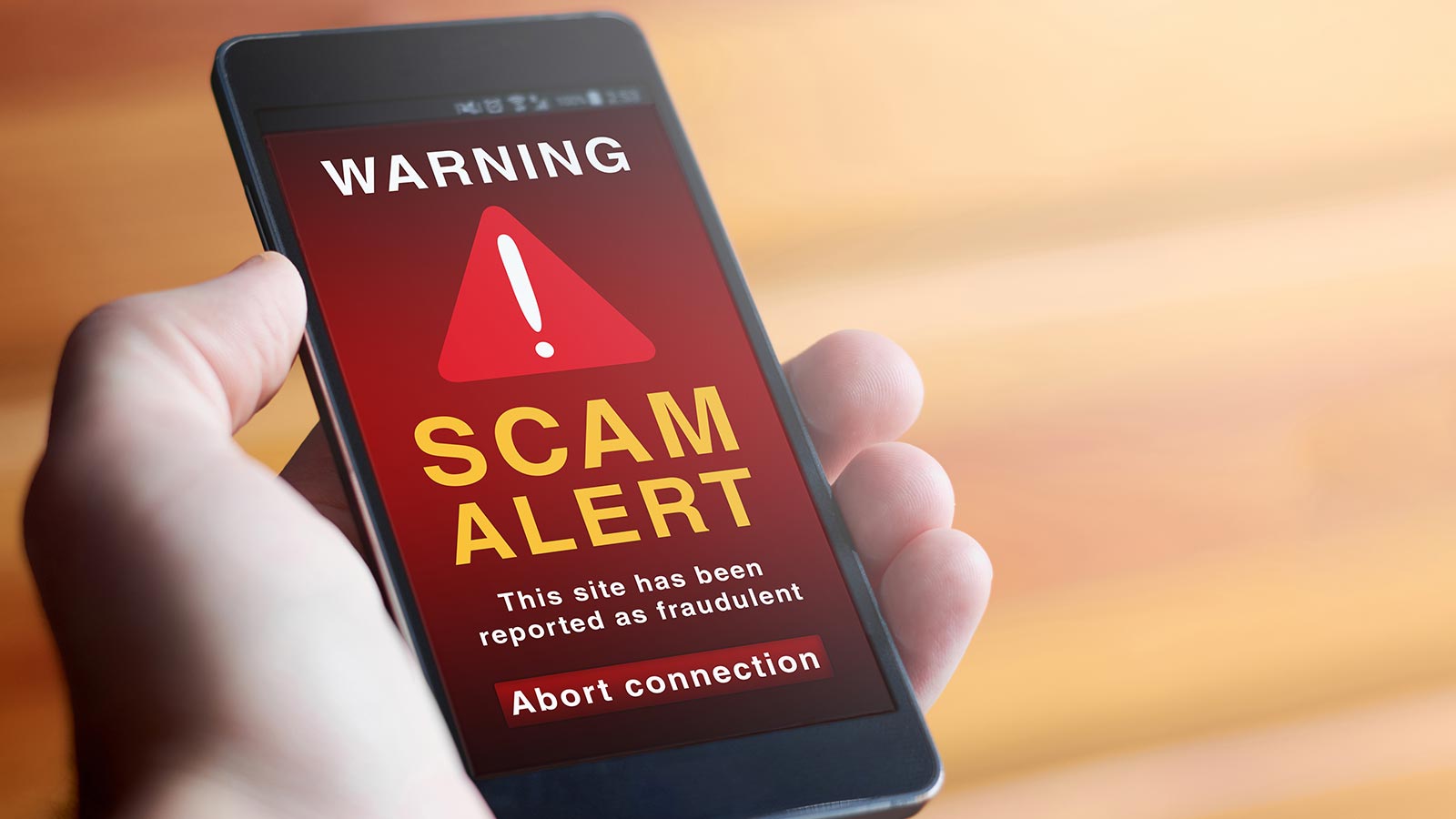
Debit or credit card fraud is a lucrative criminal business, with most recent reports pointing to a total of €1.87 billion being lost in one year.
Most online attempts to hijack payment methods or mine customer data will target services that require the use of cards and the performance of transactions.
Enter online casino scam sites. These provide a rife opportunity for criminals to attempt to steal funds, sensitive information, or the method altogether.
How does card-based gambling fraud happen?
Gambling fraud follows the model of the various types of card-not-present fraud methods.
Gambling entails constant and possibly frequent payments and withdrawals.
While most transactions become automatic, not requiring checks each time, any operator will request general information when performing first-time verifications.
Gambling fraud will either entail dishonestly requesting and retaining funds, collecting critical information about its customers or attempting to hijack the method altogether.
How to prevent card fraud
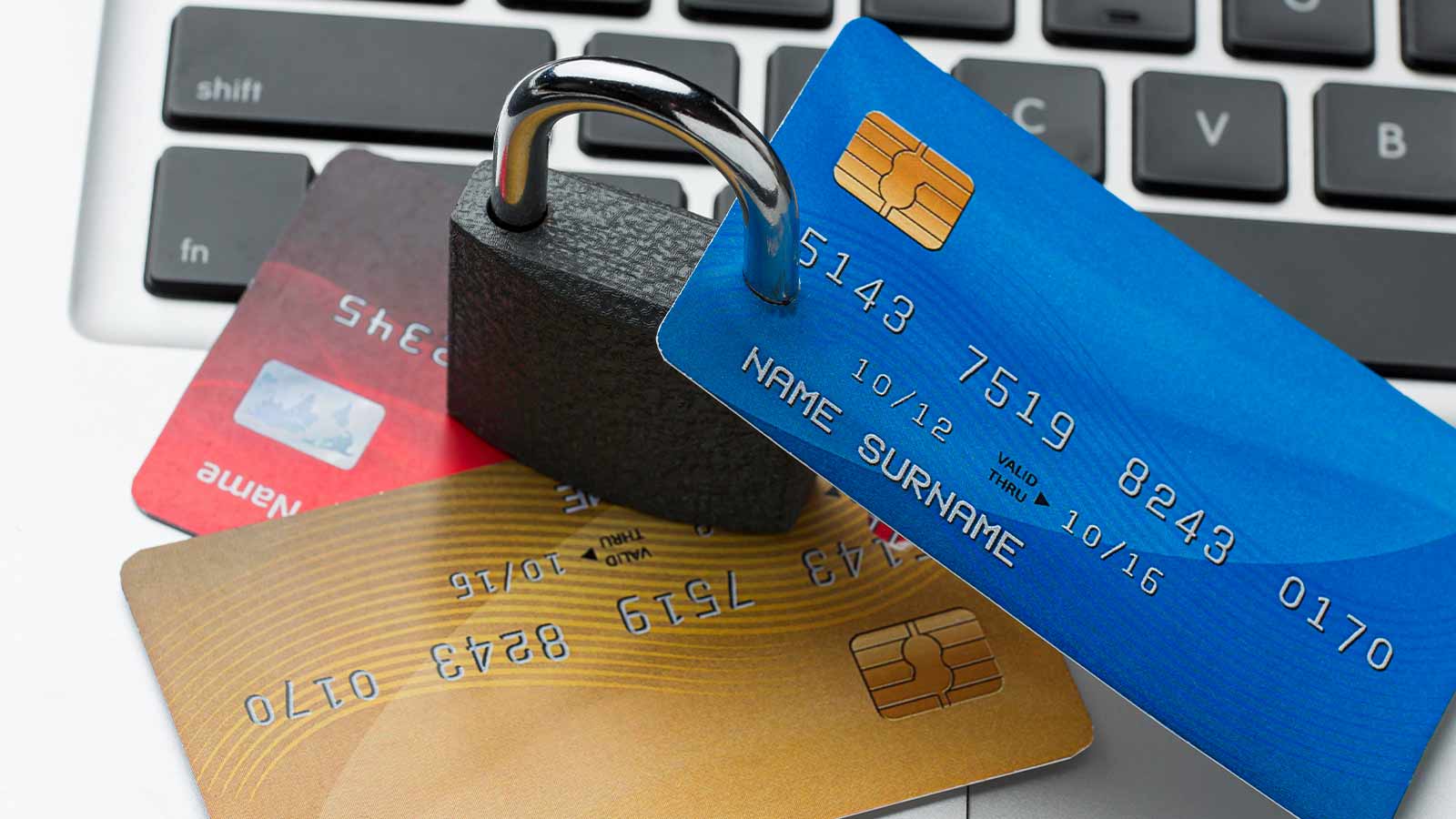
You now understand the basics of debit or credit card fraud and its ties to online casino scams.
Here is how to prevent it.
-
Get banking alerts
Most card providers and bank services allow you to enable a notification system that logs and notices you when any transaction is performed.
The first symptom of debit or credit card fraud is the occurrence of unscheduled and undesired payments.
Enabling banking alerts is the best customer-side prevention method to start with in order to reduce the possibility of fraud. This is even truer if you indulge in transaction-heavy occupations, such as casino play. Banking alerts are both a good way of combating gambling fraud. Still, they may also serve you in combating gambling addiction before it sets in by consulting your deposit volume.
There have been cases when apparently legitimate sellers modified their charging terminals in order to make them perform extra withdrawals. Even if your card apparently declines, check your alerts and see if your account has been charged.
-
Reduce paperwork

Even if thieves do not manage to use a newly issued card sent through the mail, they may still use printed documents to gather data on you.
The best way of reducing the risk of fraudulent transactions is by going paperless and reducing any written trail.
For gambling fraud, it would be best if you rejected the option of having invoices sent via email.
-
Destroy inactive cards
Building on the previous point, you should destroy inactive cards as soon as you start using new ones.
While out-of-date methods will no longer perform transactions, they still hold details and data relating to your current account. Destroy old cards, simple as that.
-
Use credit cards for purchases
Credit cards have more security systems that can protect your account from card theft, and experts consider them a safer choice for payments.
Still, take this piece of advice with a grain of salt since the latest figures show that delayed debit card and credit card transactions have been affected more by fraud.
-
Use trustable ATMs
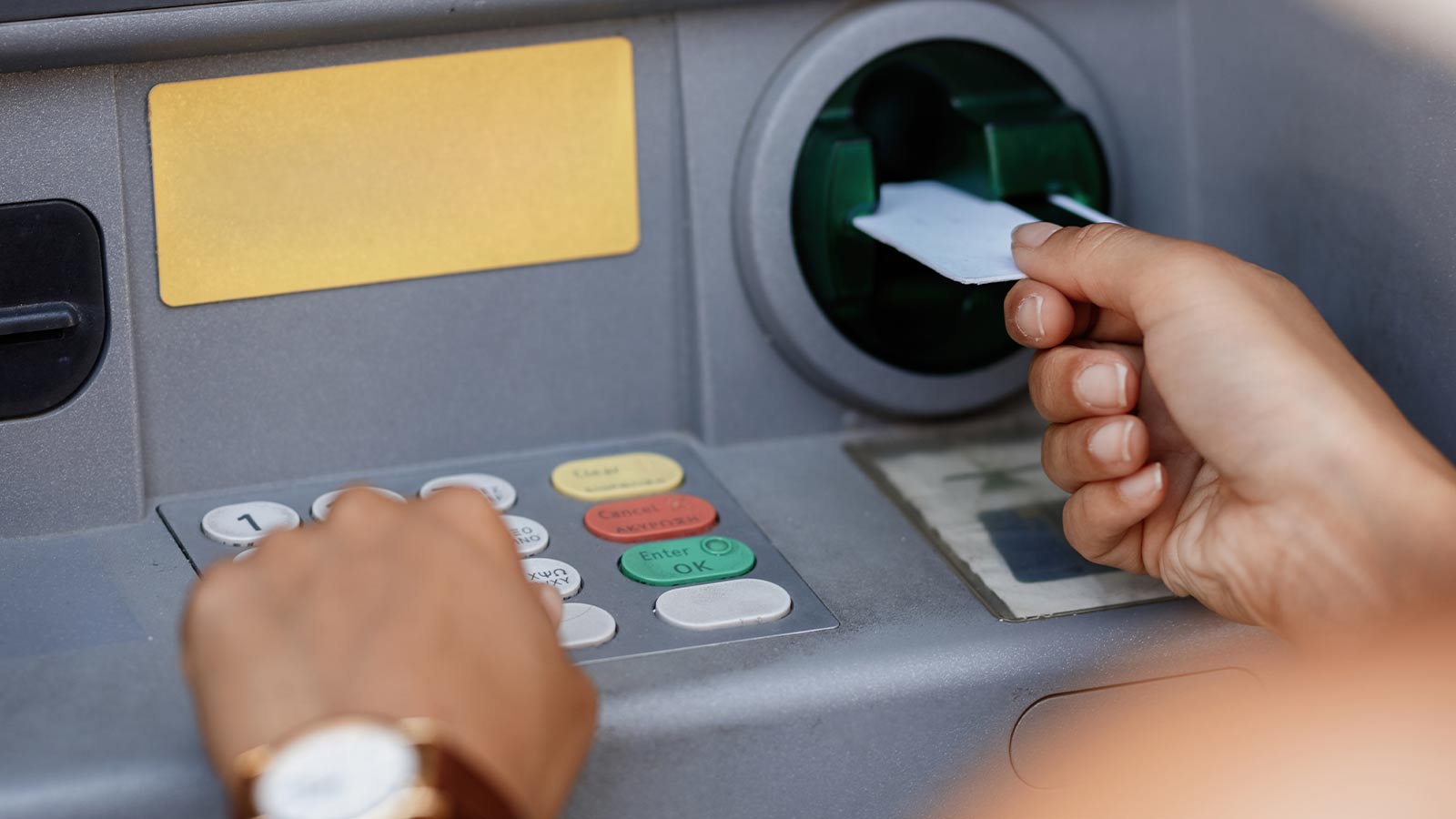
Skimming and card cloning often occur with untrustable and unsupervised ATMs that can be easily tampered with by criminals.
Banks have extensive security measures and protocols that guarantee the safety of their ATMs. Try to perform all transactions via these terminals.
-
Don’t keep all your funds in one account
This piece of advice may be harder to follow for some. However, dispersing your funds across multiple accounts will ensure that you still have a backup in the worst-case scenario.
Note that, even if credit card fraud is recorded and dealt with by the bank, it may still take some time to be assessed. In that period, the bank will freeze your payment method.
Having an extra account or payment method will help in such times.
-
Don’t fall for phishing scams
Phishing refers to impersonating an individual or service in order to gather information and compromise a user’s bank account.
This type of fraud can take many forms. In the context of online casino scams, phishing can manifest as fake customer support emails or messages requesting sensitive data relating to payment methods.
You should make yourself familiar with the platform terms and the type of details an operator is allowed to request from users.
-
Secure your online data

Most spyware or malware will target your stored online data and attempt to use it for debit or credit card fraud.
Considering the payment method data held by an online casino, scams can also target your saved information for gambling platforms.
The only way of combating these risks is by securing your online data.
How to secure your data
- Do not access unsafe links.
- Have an antivirus service that provides online protection.
- Renew your passwords and review their strength.
- Keep track of the time and place your account has been accessed.
By doing this, your data will not only be safe from online casino scams, but for most of the scams on the internet.
-
Ensure that your connection is secure

Does the service you are accessing look trustable? Does it have accreditation from third-party overseers?
If it does not, you should not risk it. You can compare your required due diligence to our methods of addressing online casinos we review and rate. It all starts with a thorough reading of the terms and conditions, as well as listed licensing and its accuracy.
You should undertake a similar process with the online services you use. Note that an apparently trustable domain does not help since sites can be cloned.
Signs that a service may be unsecured
- The website looks similar to other better-known domains.
- It provides minimal information about customer protection.
- Its link does not have the HTTPS prefix.
- When using Google Chrome, the small lock preceding the link is unlocked.
- Its terms are summary and published as a picture, not text.
- The accreditation footer does not take you to the licensor via a hyperlink.
Do banks investigate fraud?

In the event that credit card fraud, including gambling fraud, has been reported by a customer, banks will review its recent activity.
If the transactions raise concerns, banks will start gathering evidence in relation to the customer’s claim of debit or credit card fraud.
Following an investigation period, often 90 days at most, the bank will decide on the customer’s claim. If rejected, the customer does not receive any reimbursement. If the bank confirms the claim, the customer will receive a chargeback in the form of provisional credit covering their losses.
How do banks detect fraud?
Banks can either detect bank fraud automatically via machine learning systems meant to observe unusual transactions.
These systems learn how a criminal acts when performing debit or credit card fraud and can highlight these instances before the customer notices.
When a claim is forwarded, bank reviewers will use transaction metadata to confirm the details forwarded by the claimant.
Reviewers can use anything from time stamps, location data, or IP addresses to determine whether a transaction has been done rightfully or is proof of transaction fraud.
For gambling fraud, this should clarify why playing with an active VPN is a bad idea. If you fall for online casino scams, the bank will use the IP address to establish whether you or someone else has done the transaction. If you mask your own IP address, you may throw a wrench into the whole process.
Do banks refund scammed money?

Most banks will reimburse your funds if they come to the conclusion that you have fallen for a scam.
However, bear in mind that there are degrees of monetary fraud and not all fall under the bank’s definition of an illegal transaction.
Degrees of card fraud
- Most instances where your card or information has been stolen, appropriated, or cloned and then used for transactions fall under fraud.
- Most malware infections are also proof of fraud but may be harder to track and prove.
- Phishing can often fall in the grey zone. If a criminal impersonates an official representative, most banks will consider it fraud.
- However, if a person or platform, including online casino scam sites, convinces you to transfer funds, this may be deemed a regular transaction. This is particularly true if you have not signed or agreed to any terms of the service. In that case, you have consciously performed a transaction.
- If you have provided sensitive data to third parties, the bank may allow you to recover your account, but refund eligibility may vary.
- Accidental card fraud is when a friend or relative with access to the account performs a transaction that results in more funds being deducted. Even in this case, there are grounds to forward a claim, but results may vary.
Gross negligence
The bank may refuse to reimburse your funds if you are believed to have been grossly negligent with your details and account security. Examples include revealing your PIN or password to a third party.
What to do if you are a victim of card fraud

The first measure you should take if you suspect you have fallen victim to debit or credit card fraud is to notify the bank officials.
What happens when you claim debit card fraud?
First of all, the bank will freeze your account in order to protect your remaining balance.
Bank agents will then start analysing your account activity. They will use the registered logs and attempt to track the money.
This action is two-fold. Firstly, they will attempt to confirm beyond any reason of doubt that it was a third party, and not you, who has done the transactions. Then, agents will try to pursue the funds and find out who the actual perpetrator is.
Reporting period
Just like gambling fraud disputes with operators, banks will only accept claims concerning an event that happened in a certain period. If the claim references a transaction older than 13 months, the bank may reject the claim.
How long do credit card fraud investigations take?
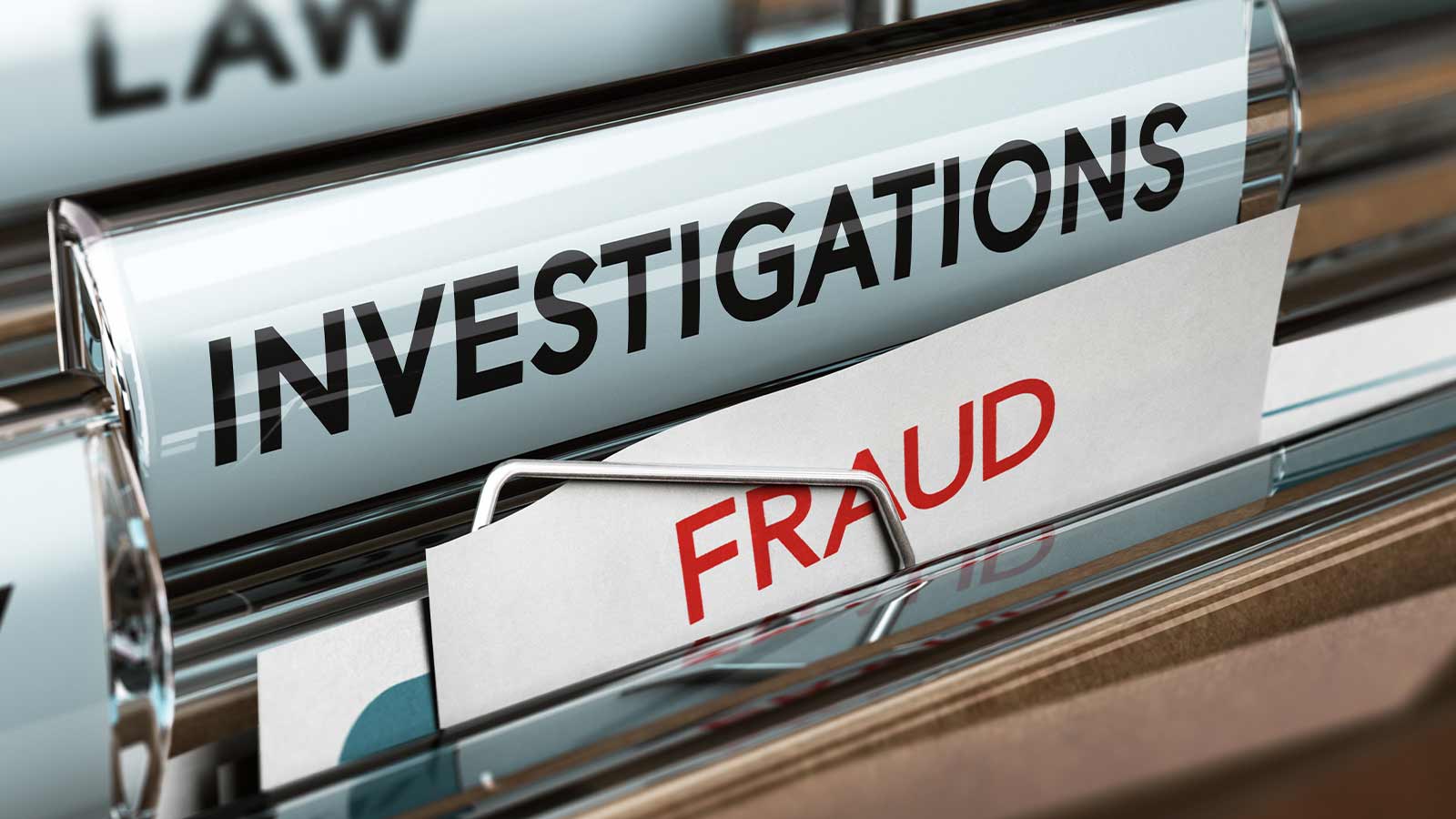
The account freeze should be immediate upon detection of fraud or claim registration. The bank will take up to 30 days to respond to your claim.
The entire investigation will often take up to 90 days to complete and reach a decision.
How can I find out who used my debit card?
You can request to speak to a bank representative, provide the amount deducted and date of transactions, and inquire about the transaction.
The bank should be able to provide the company name and transaction ID for each payment.
What to do if the bank rejects your claim?
Even if the investigation comes to an unfavourable decision, you can still pursue a settlement for fraud.
Firstly, you can forward a complaint to the bank. In most cases, however, the result will reflect the final decision of the investigation.
The final authority you can complain to is the Financial Ombudsman Service.
Before contacting the Ombudsman regarding card fraud
You should first complete the fraud claim and complaint procedures via your bank before reaching out to the Ombudsman.
Credit card fraud is no joke
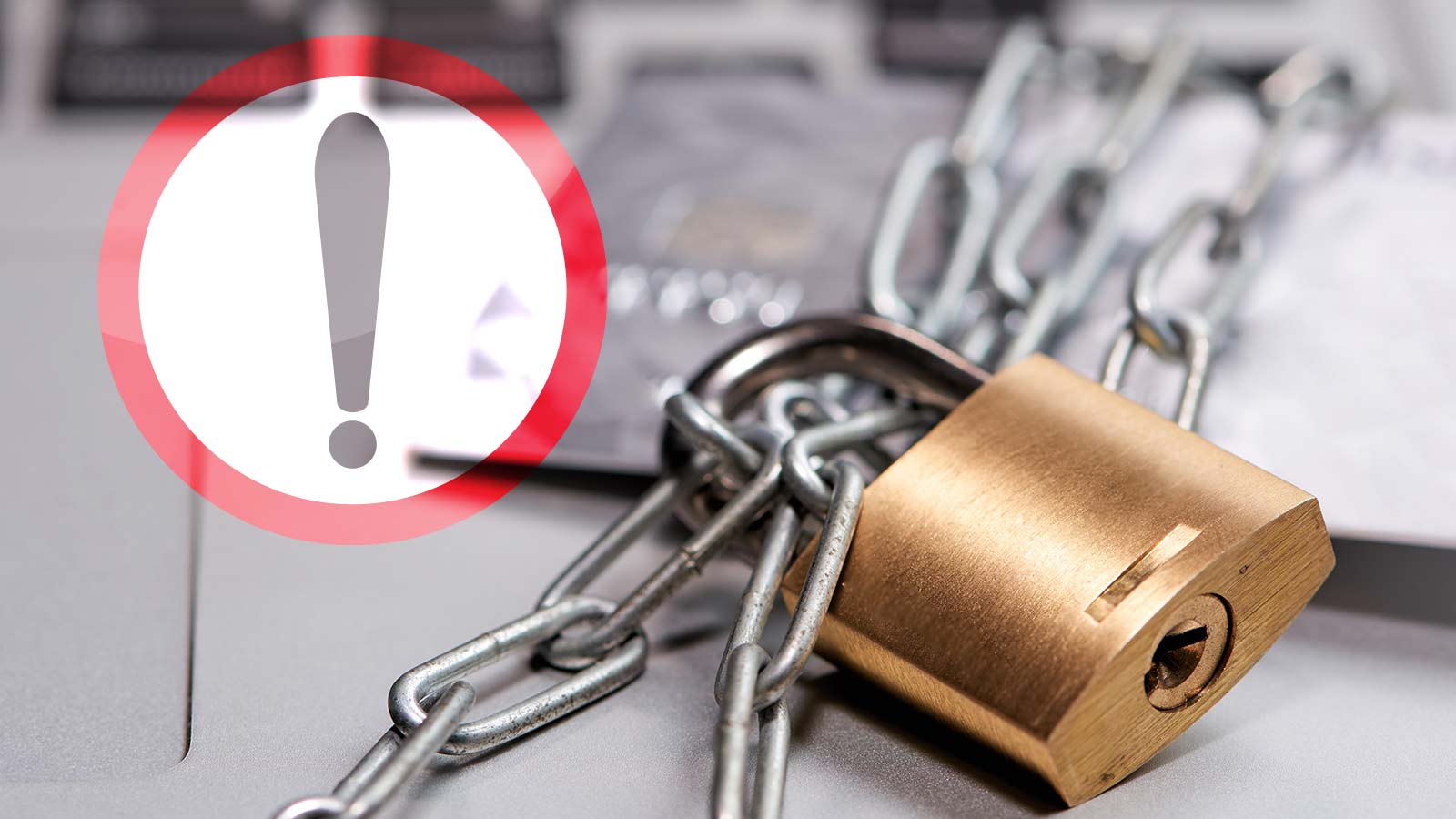
Debit and credit card fraud can place your livelihood at significant risk. While you can trust the bank’s process, going through card fraud investigations is unpleasant.
Your account will be frozen until the bank confirms that it is no longer at risk of unauthorised transactions. And even once you recover access, you will be limited by the lost money.
Since you may have to wait up to 90 days for a final verdict, you will have a limited balance during this period.
And, as highlighted before, not all bank decisions are positive.
How often do credit card frauds get caught?
The general consensus is that the chances of catching a fraud perpetrator are slim, with some figures placing the odds at under 1%.
Naturally, this does not necessarily need to reflect in your account. A fraud event will still oblige the bank to return your funds even if it goes unsolved.
However, the bottom line is that debit and credit card fraud is unpleasant, both for customers and banks. Gambling fraud can further disturb your casino balances and reduce your possibility of indulging in gambling.
This is why you should swiftly secure your account and proceed with caution whenever a transaction is involved.
Sources & Methodology
The legal experts have extensive knowledge of the legal frameworks of online payments and transaction safety.
Our contributors consulted the codes of law both in Ireland and beyond. Once they collected the data, they organised the key concepts into an intuitive tutorial on fraud.
The main aim of the articles you are reading is to provide expert information in a digestible reader-friendly framing.
Note that all articles are updated to reflect the newest data on an issue or subject. Make sure to check for further updates in the future.
References
- How To Avoid Debit Card Fraud
- What is credit card fraud, and how can I prevent it?
- FRAUD – THE FACTS 2021
- Banking – security and fraud
- Check if you can get your money back after a scam
- Know your rights when facing credit card fraud
- How Often Do Credit Card Frauds Get Caught? Statistics for 2022
- Irish Financial Services and Pensions Ombudsman
F.A.Q.
Can you dispute fraud on a debit card?
Yes, and you should, as soon as you notice the signs of a scam.
What happens when you claim debit card fraud?
The bank will investigate your claim and return with a decision within 90 days.
Do banks investigate fraud?
Yes. Banks are the first to investigate the state of your account following your claim.
Do banks refund scammed money?
The bank will return your lost funds if the bank can confirm that the transaction was illicit and that you have not been grossly negligent with your details.
How often do credit card frauds get caught?
Law enforcement solves around 1% of cases, according to the latest figures.
How long do credit card fraud investigations take?
You should get notified within 30 days of placing the claim and receive the decision within 90 days.
How do banks detect fraud?
Banks either have automatic credit card detection systems. In the case of a claim, agents will consult the transaction log.
How can I find out who used my debit card?
You need to contact the bank, request to speak with an agent and inquire about a specific transaction.

